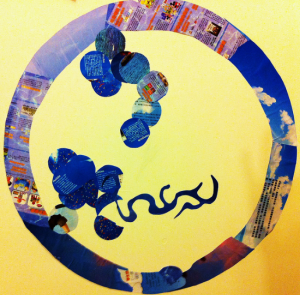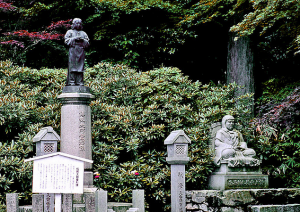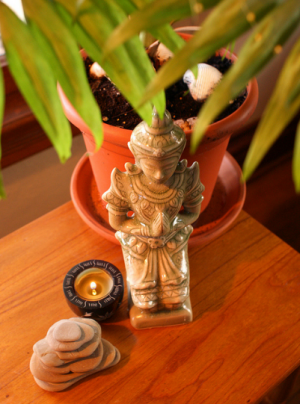![]() What is Feng Shui? Simply put, it is an ancient art and science that was developed by the Chinese more than 3,000 years ago. It is a complex body of knowledge that if practiced properly will assure the person good health and fortune.
What is Feng Shui? Simply put, it is an ancient art and science that was developed by the Chinese more than 3,000 years ago. It is a complex body of knowledge that if practiced properly will assure the person good health and fortune.
Feng Shui is made of two words. The first is wind while the second is earth. Its teachings are based on Taoist vision and understanding of nature on the belief that the land is alive and is filled with energy. This in turn could make a kingdom successful or bring it to its downfall.
Aside from the water and the wind, Feng Shui is influenced by the theory of 3 other elements namely wood, fire and metal. It is this that also guides Chinese astrological sciences including the times, dates of birth and years as well as colors, seasons, directions and the planets.
The main tools for Feng Shui are the compass and the Ba-Gua. The Ba-Gua is an octagonal shaped grid containing the symbols of the I Ching which is the ancient oracle on which this is based.
Those who believe in Feng Shui say that those who know the Bagua of their home will be able to understand specific areas of their life.
The feng shui compass is also called lo-pan. This is used to access deeper information about a site or a building. It consists of bands of concentric rings arranged around the magnetic needle. “Lo” means “everything” and “pan” means “bowl”, which can be interpreted as the key to the mysteries of the universe.
Through the years, several different schools of feng shui have emerged. If you are able to master the basic level, it is said that you will start to see powerful results which could be to your advantage both at home and in business.
Those who practice Feng Shui see it as a double edged sword because it can be mutually productive and also destructive.
In a productive cycle, fire produces earth which produces metal which produces water which produces wood and the fire again. In a destructive cycle, wood destroys earth which destroys water which destroys fire which destroys metal and then destroys wood.
To give you an idea what this all means, let’s say you were born on a fire year. Too much water in the home is not good because water destroys fire. On the other hand, if you put a lot of wooden décor into your home, then things will be good because wood produces fire. Aside from that, experts say that you will more likely prosper if you sleep on the south side of the house or apartment.
But the ordinary Joe does not have time to understand that. This is why many people these days consult Feng Shui experts when they are building an office or their home. By being able to have someone who understands these cycles, harmony and productivity is achieved.
So what is Feng Shui? For those who don’t believe in it, simply one way of making sure that you will get good fortune. As for those who take it seriously, it is what creates the essence of life around us. There must always be a harmonious balance between these elements so that you can live a healthy and meaningful life.




